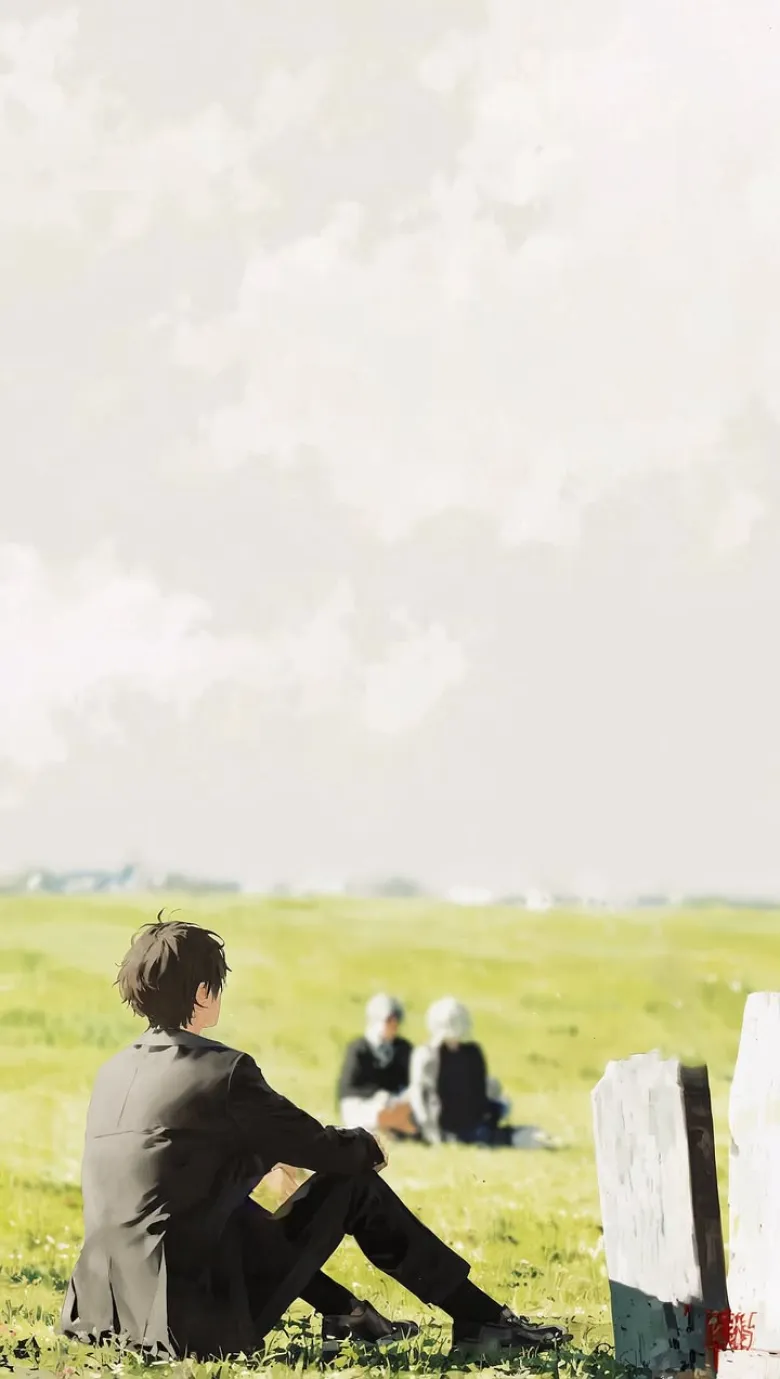The room buzzed with the warm hum of voices, glasses clinking against one another, and the occasional burst of laughter. The air was heavy with the scent of freshly fried puff-puff and smoky jollof rice. Guests paraded their vibrant ankara outfits, taking turns to eulogize Daddy, the man of the moment.
But there was one laughter in particular which didn't seem so normal now. The laughter had been sharp, loud enough to pierce the clinking of glasses and murmurs of admiration in the room. It wasn’t the kind of laugh that invited others to join in; it was jagged. All eyes were now on Tejire, the celebrant’s daughter, as she struggled to stifle her amusement. Her mother, seated at the corner, cast her a warning look, her eyes saying, “Control yourself.”
But how could she? The client’s words “a good man” echoed in her head, so absurd it had to be a joke. She had tried to blend into the background all evening, wishing she could just disappear among the crowd of well-wishers in glittering agbadas and fashionable geles. Yet here she was, exposed, unable to hold it in any longer.
“Tejire,” someone prompted. It was her turn to give a speech.
She stepped forward slowly, the heels of her shoes clicking against the marble floor. The room seemed to shrink as all eyes focused on her. Her father, seated at the high table, leaned back with the confidence of a man being celebrated. His smile was wide, too wide, almost daring her to contradict the picture he had painted for his guests.
She stared at him, her chest tightening. What could she say? That the world he showed to others was not the world she lived in? Her hand tightened around the stem of her wine glass. She opened her mouth but found herself drowning in a torrent of memories instead. “Happy birthday,” she said finally, her voice cold and clipped. She set her glass down, the soft clink carrying through the silent hall. Then, without another word, she turned and walked out.
The night was cool, but it offered no comfort. Abuja's traffic roared in the distance as Tejire trudged to the bus stop, the weight of years pressing on her shoulders.
Why was it so hard to love her father without feeling so much resentment? She didn’t want to hate him; no child truly wants to hate their parent. Yet, she couldn’t reconcile the man who smiled in public, arms wide with generosity, with the man who made her beg for everything, even dignity.
He had robbed her of her childhood. And yet, her brothers had been kings in his eyes. Nothing was too much for them. The unfairness of it all had gnawed at her for years, a silent, growing bitterness she had never been able to swallow.
She reached her tiny apartment and sank onto the worn couch. Her phone buzzed. A message from her mother: “You embarrassed your father.”
Tejire scoffed, shaking her head. “Embarrassed him ke?” she muttered aloud. “Did he ever think about the countless times he embarrassed us?”
She thought of her mother, a woman whose dreams had shrunk with every sacrifice she made for a man who barely acknowledged them. She thought of herself, a girl who had been forced to grow up too soon. She thought of her father, a man whose pride overshadowed his love, if love was even in the equation.
The next morning, as she braided her hair, Tejire made peace with her anger. She realized forgiveness wasn’t about excusing his actions; it was about freeing herself from the burden of resentment. She resolved to take charge of her story. The scars her father left would no longer define her, they would become markers of what she overcame, and would simply remind her of what she never wanted to become.
As the sun shone into her apartment, she smiled, not out of joy but determination. For the first time in a long while, she felt a little lighter and felt the stirrings of a new beginning.








